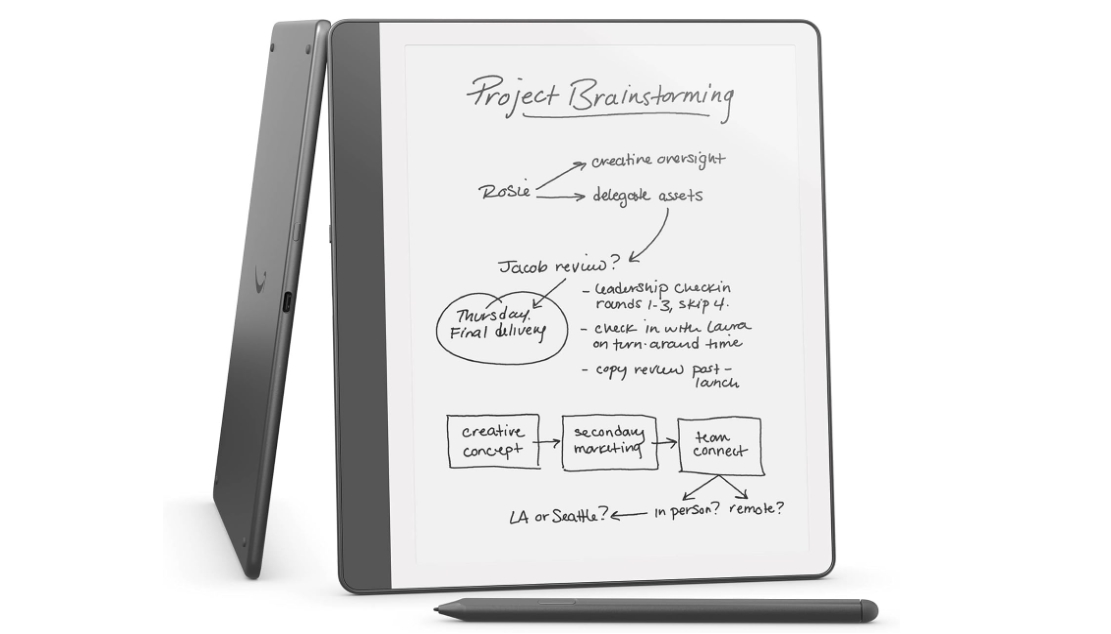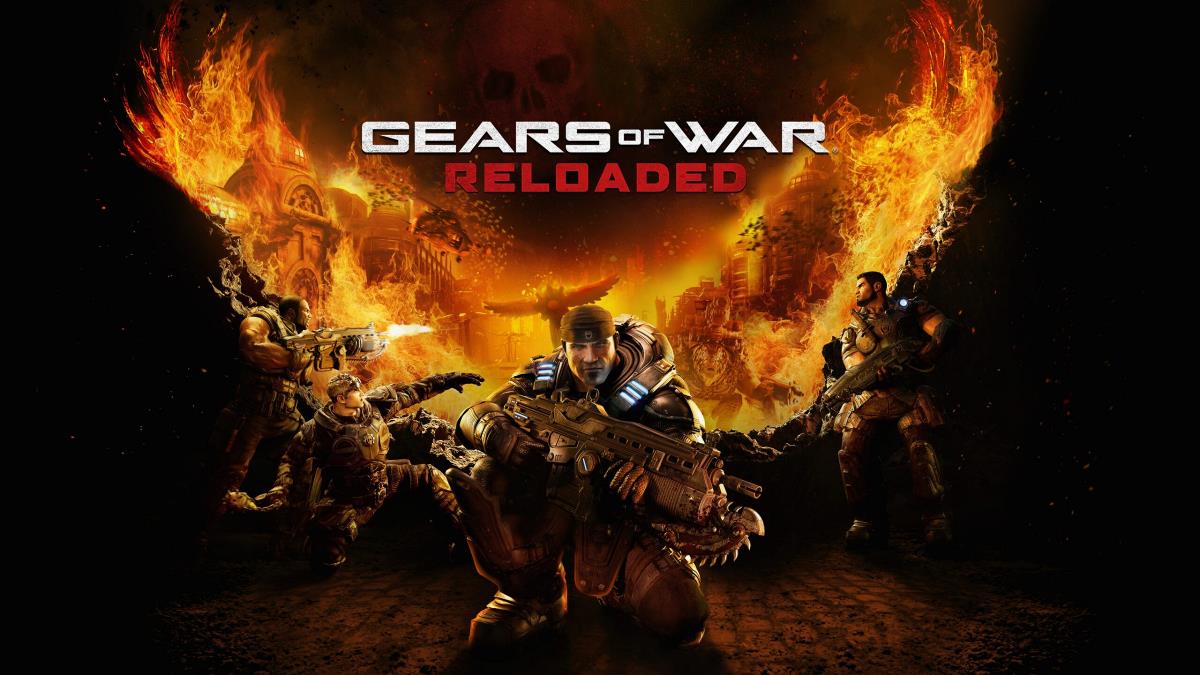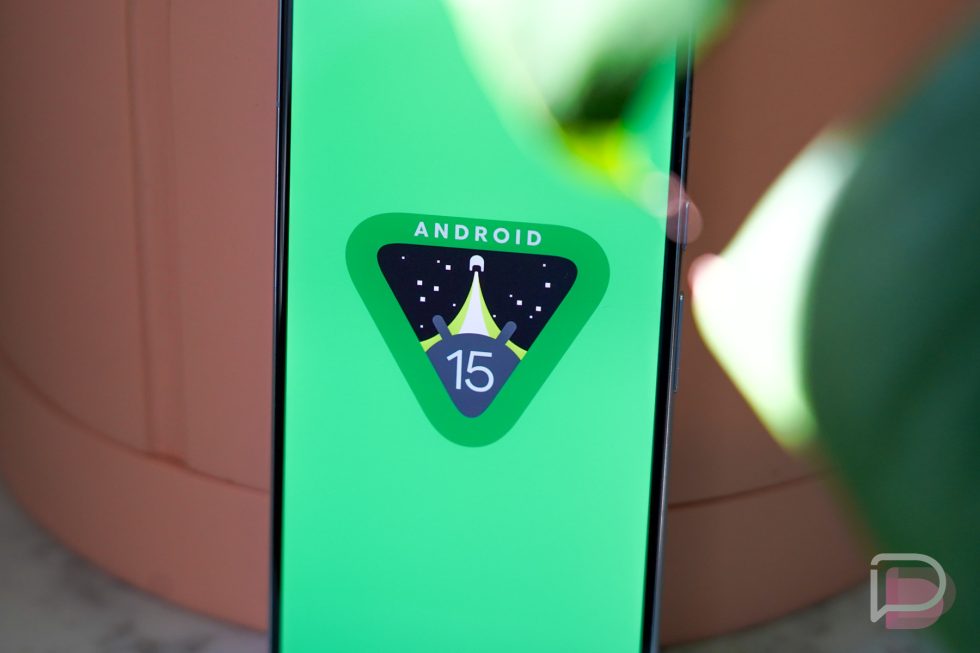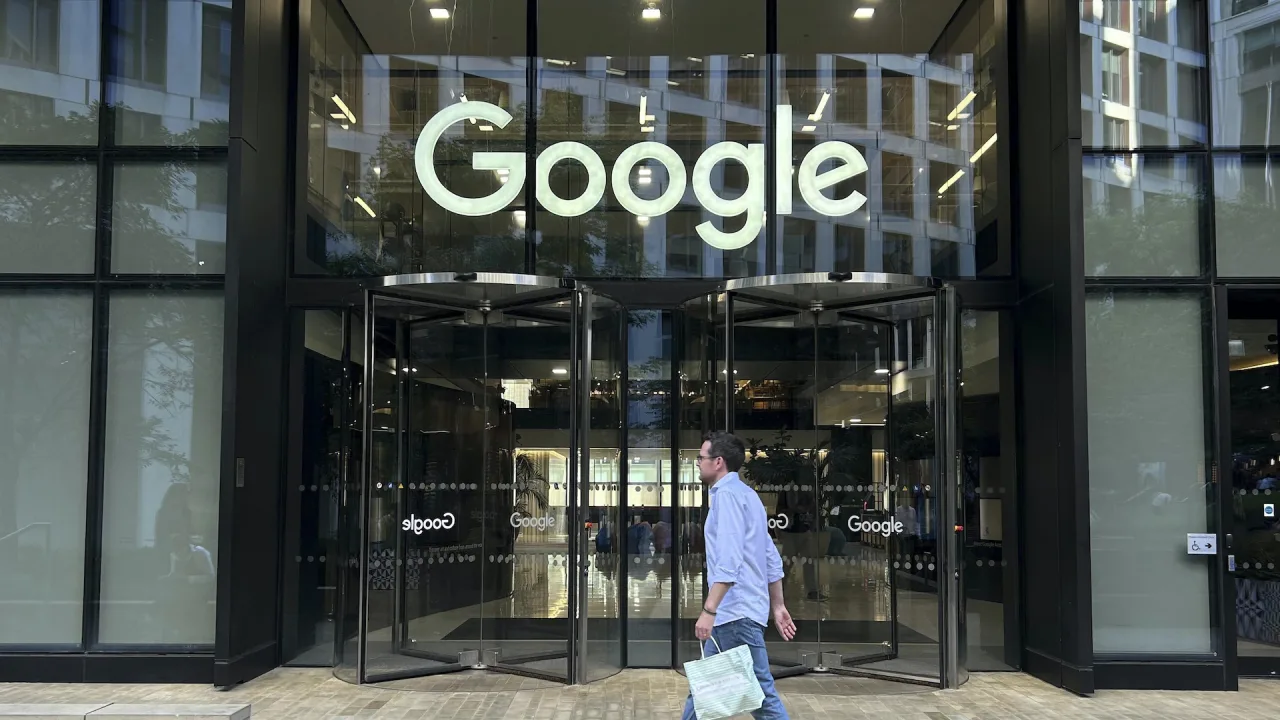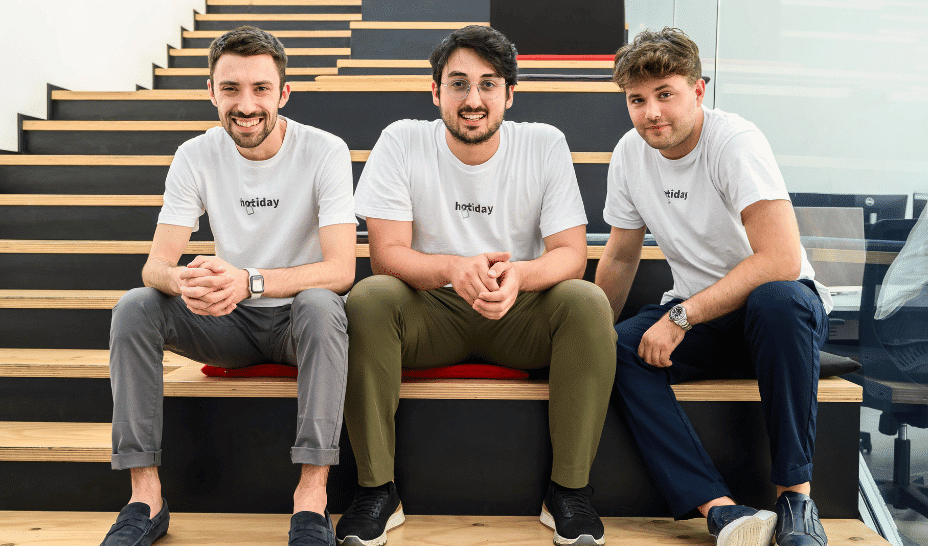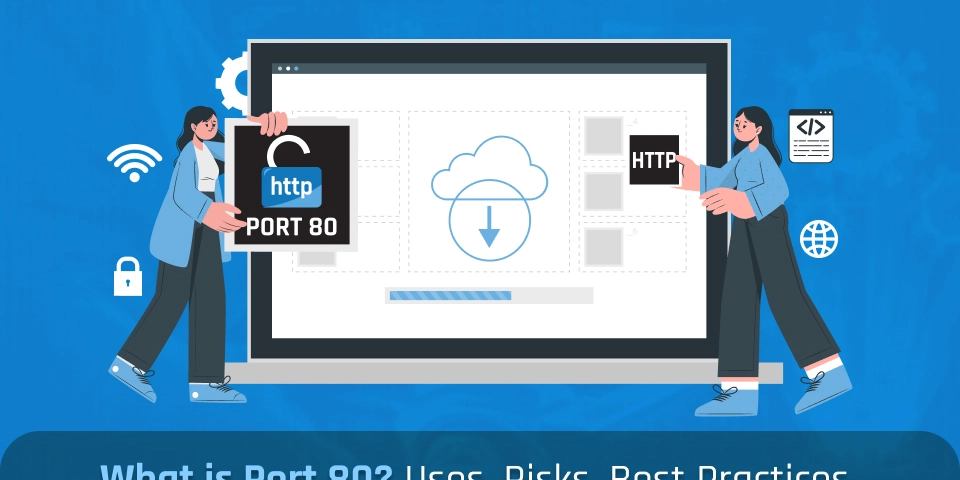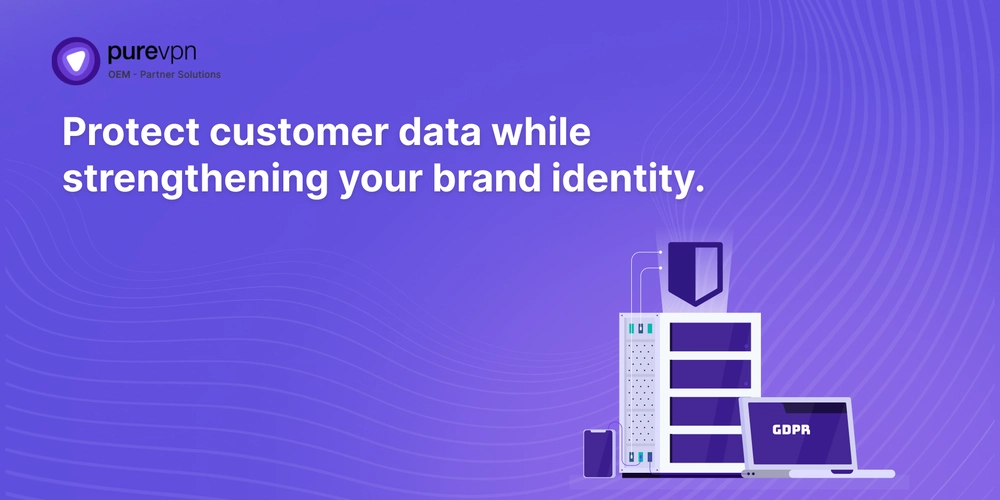Decentralized AI: The Blueprint for a Safer, Smarter, and More Sovereign Future
In November 2023, the internet trembled when OpenAI’s leadership imploded. Overnight, one of the most powerful AI systems in the world—ChatGPT—was at the mercy of a centralized boardroom battle. For billions of users and developers, it was a stark reminder: centralized power in artificial intelligence isn’t just a technical issue, it’s a social risk. What if critical AI infrastructure wasn’t vulnerable to a single point of control? What if the world’s most powerful models couldn’t be turned off, censored, or hijacked? Welcome to the world of Decentralized AI. "Centralized AI is a castle built on sand. Decentralized AI is a city built by its citizens." A Personal Realization As a developer and researcher in Nairobi, I learned this lesson the hard way. In mid-2023, I was building an AI-powered voice assistant for rural healthcare workers, leveraging an API from a major centralized AI provider. One evening, I found my entire service blocked due to a "compliance" issue. No explanation, no appeal, just silence. The patients and workers relying on the assistant had no idea why it vanished. That’s when I started exploring decentralized alternatives. I discovered Aleph Cloud while searching for a way to host inference nodes without relying on a hyperscaler. What started as a workaround became a philosophical shift. AI shouldn't be a privilege controlled by corporate terms of service. The Problem with Centralized AI Today, most artificial intelligence systems are tightly controlled by a few tech giants. Whether it's OpenAI, Google DeepMind, or Meta AI, the core problems with centralized AI include: Monopoly of Control: A small group decides what models are trained, how they behave, and who can use them. Data Exploitation: Centralized platforms hoard user data to train models without transparent consent. Algorithmic Bias: Biased data and opaque training processes lead to unfair, often discriminatory, outcomes. Single Points of Failure: A server outage, policy change, or political event can abruptly halt services. These issues aren’t just theoretical. Google’s Gemini has been caught misrepresenting historical facts (BBC, Reuters). Meta’s models have amplified misinformation. And OpenAI has faced multiple content moderation controversies (The Verge). In this model, users don’t own the intelligence they interact with—they simply rent access from a corporate landlord. What is Decentralized AI? Decentralized AI refers to the design, deployment, and operation of artificial intelligence systems on distributed networks—often powered by blockchain and peer-to-peer infrastructure. Instead of relying on a central authority, computation, data storage, and model execution are spread across a global network of nodes. Decentralized AI systems: Run training and inference across distributed compute nodes Use cryptographic proofs to verify behavior and performance Store data in decentralized storage layers (like IPFS or Arweave) Reward node operators through token incentives This model mirrors the values of Web3: transparency, user sovereignty, and permission-less innovation. (Hackernoon, CoinDesk) Sample Code Snippet: Deploying an Inference Function on Aleph.im from aleph.sdk.vm.app import AlephApp from transformers import pipeline # Load a local NLP model sentiment = pipeline("sentiment-analysis") app = AlephApp() @app.method("POST") def analyze(input_text): result = sentiment(input_text) return {"analysis": result} app.run() This simple app wraps a HuggingFace transformer and deploys it as a decentralized microservice using Aleph Cloud's infrastructure. You get compute without relying on AWS, Google, or Azure. Why Decentralized AI is Better Let’s compare centralized and decentralized AI on key dimensions: Feature Centralized AI Decentralized AI Control Big Tech Global network Transparency Low High Data Privacy Weak Strong Cost Structure High, pay-per-use Flexible, pay-to-earn Resilience Fragile Robust 1. Sovereignty and Access In a decentralized network, no single actor can block or censor usage. Access to models is open and governed by community standards, not corporate policies. 2. Security and Resilience Distributed systems are naturally resistant to outages and attacks. With no central server, decentralized AI remains online even if parts of the network fail. 3. Ethical AI by Design Transparent training data and open-source model weights allow communities to audit bias, behavior, and performance. 4. Scalability Without Gatekeepers As demand grows, decentralized compute and storage scales organically through new node participants incentivized by tokens. Simulated Interview: Anaïs, Developer at Aleph Cloud Q: Why is Aleph Cloud investing in decentralized AI? Anaïs: "The centralized AI stack is brittle and inherently inequitable. Aleph

In November 2023, the internet trembled when OpenAI’s leadership imploded. Overnight, one of the most powerful AI systems in the world—ChatGPT—was at the mercy of a centralized boardroom battle. For billions of users and developers, it was a stark reminder: centralized power in artificial intelligence isn’t just a technical issue, it’s a social risk.
What if critical AI infrastructure wasn’t vulnerable to a single point of control? What if the world’s most powerful models couldn’t be turned off, censored, or hijacked?
Welcome to the world of Decentralized AI.
"Centralized AI is a castle built on sand. Decentralized AI is a city built by its citizens."
A Personal Realization
As a developer and researcher in Nairobi, I learned this lesson the hard way. In mid-2023, I was building an AI-powered voice assistant for rural healthcare workers, leveraging an API from a major centralized AI provider.
One evening, I found my entire service blocked due to a "compliance" issue. No explanation, no appeal, just silence. The patients and workers relying on the assistant had no idea why it vanished.
That’s when I started exploring decentralized alternatives. I discovered Aleph Cloud while searching for a way to host inference nodes without relying on a hyperscaler. What started as a workaround became a philosophical shift. AI shouldn't be a privilege controlled by corporate terms of service.
The Problem with Centralized AI
Today, most artificial intelligence systems are tightly controlled by a few tech giants. Whether it's OpenAI, Google DeepMind, or Meta AI, the core problems with centralized AI include:
- Monopoly of Control: A small group decides what models are trained, how they behave, and who can use them.
- Data Exploitation: Centralized platforms hoard user data to train models without transparent consent.
- Algorithmic Bias: Biased data and opaque training processes lead to unfair, often discriminatory, outcomes.
- Single Points of Failure: A server outage, policy change, or political event can abruptly halt services.
These issues aren’t just theoretical. Google’s Gemini has been caught misrepresenting historical facts (BBC, Reuters). Meta’s models have amplified misinformation. And OpenAI has faced multiple content moderation controversies (The Verge). In this model, users don’t own the intelligence they interact with—they simply rent access from a corporate landlord.
What is Decentralized AI?
Decentralized AI refers to the design, deployment, and operation of artificial intelligence systems on distributed networks—often powered by blockchain and peer-to-peer infrastructure. Instead of relying on a central authority, computation, data storage, and model execution are spread across a global network of nodes.
Decentralized AI systems:
- Run training and inference across distributed compute nodes
- Use cryptographic proofs to verify behavior and performance
- Store data in decentralized storage layers (like IPFS or Arweave)
- Reward node operators through token incentives
This model mirrors the values of Web3: transparency, user sovereignty, and permission-less innovation. (Hackernoon, CoinDesk)
Sample Code Snippet: Deploying an Inference Function on Aleph.im
from aleph.sdk.vm.app import AlephApp
from transformers import pipeline
# Load a local NLP model
sentiment = pipeline("sentiment-analysis")
app = AlephApp()
@app.method("POST")
def analyze(input_text):
result = sentiment(input_text)
return {"analysis": result}
app.run()
This simple app wraps a HuggingFace transformer and deploys it as a decentralized microservice using Aleph Cloud's infrastructure. You get compute without relying on AWS, Google, or Azure.
Why Decentralized AI is Better
Let’s compare centralized and decentralized AI on key dimensions:
| Feature | Centralized AI | Decentralized AI |
|---|---|---|
| Control | Big Tech | Global network |
| Transparency | Low | High |
| Data Privacy | Weak | Strong |
| Cost Structure | High, pay-per-use | Flexible, pay-to-earn |
| Resilience | Fragile | Robust |
1. Sovereignty and Access
In a decentralized network, no single actor can block or censor usage. Access to models is open and governed by community standards, not corporate policies.
2. Security and Resilience
Distributed systems are naturally resistant to outages and attacks. With no central server, decentralized AI remains online even if parts of the network fail.
3. Ethical AI by Design
Transparent training data and open-source model weights allow communities to audit bias, behavior, and performance.
4. Scalability Without Gatekeepers
As demand grows, decentralized compute and storage scales organically through new node participants incentivized by tokens.
Simulated Interview: Anaïs, Developer at Aleph Cloud
Q: Why is Aleph Cloud investing in decentralized AI?
Anaïs: "The centralized AI stack is brittle and inherently inequitable. Aleph Cloud is designed to give developers full sovereignty over compute and storage. We believe AI should run anywhere, not just inside a corporate data center."
Q: How does Aleph handle trust in such a distributed environment?
Anaïs: "Through cryptographic proofs and immutable logs. When you run code on Aleph, the execution is verifiable and public. It’s not just about decentralization, it’s about verifiable decentralization."
Q: What's one application you’re excited about?
Anaïs: "AI agents in disaster zones. We’re working with NGOs deploying models to areas without stable infrastructure. Decentralized nodes allow them to run AI inference without depending on the cloud. That’s powerful."
Projects Leading the Charge
Aleph Cloud
Aleph Cloud is a Web3 infrastructure provider offering decentralized storage, compute, and AI services. Unlike traditional cloud providers, Aleph runs on a globally distributed network that lets developers deploy applications without trusting any single server. (Learn more)
GetBlock
GetBlock provides instant API access to full blockchain nodes for over 50 networks. Developers building decentralized AI applications can use GetBlock for trustless, real-time blockchain data without running their own nodes.
- Core features: Node-as-a-service, JSON-RPC/WebSocket access
- AI use case: Fetch on-chain signals for training models or triggering smart AI agents
- Why it matters: It bridges blockchain and AI infrastructure for scalable dApps (Visit GetBlock)
Bittensor
Bittensor is a decentralized machine learning network where models compete and collaborate. Each participant contributes a neural network and is rewarded based on the usefulness of their outputs. (Website)
Ocean Protocol
Ocean is a decentralized data marketplace that lets users buy and sell AI training data securely. (Visit Ocean)
Gensyn
Gensyn focuses on decentralized training infrastructure. (More info)
Recommended Open-Source Resources
- Aleph.im SDK
- GetBlock Docs
- Bittensor Whitepaper
- Ocean Protocol GitHub
- Hugging Face Transformers
- Open Source AI Projects on PapersWithCode
Supporting References
- OpenAI Crisis Coverage - NYTimes
- Google Gemini Controversy - BBC
- Gemini AI Paused - Reuters
- MIT Review on AI Risks
- The Verge - OpenAI Moderation
Ready to build or contribute to the decentralized AI future? Join the movement, experiment with Aleph Cloud, explore GetBlock, or publish your own AI microservice today.
Let’s reshape the intelligence that shapes us.
P.S.: All factual claims and examples in this article are supported by publicly available sources. We’ve included direct links throughout the text and listed key references at the end for full transparency. I am not affiliated with Aleph Cloud, GetBlock, or any other project mentioned—this article is written independently to contribute to the discussion around decentralized AI. If you notice any inaccuracies or want to suggest an update, feel free to reach out. I believe in open knowledge and collective insight.







































































































































































![[The AI Show Episode 146]: Rise of “AI-First” Companies, AI Job Disruption, GPT-4o Update Gets Rolled Back, How Big Consulting Firms Use AI, and Meta AI App](https://www.marketingaiinstitute.com/hubfs/ep%20146%20cover.png)







































































































































































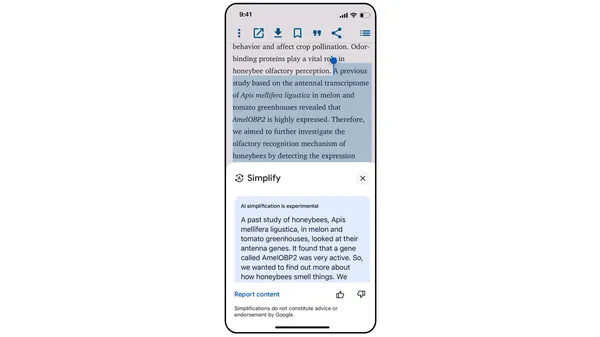








.jpg?width=1920&height=1920&fit=bounds&quality=70&format=jpg&auto=webp#)





















































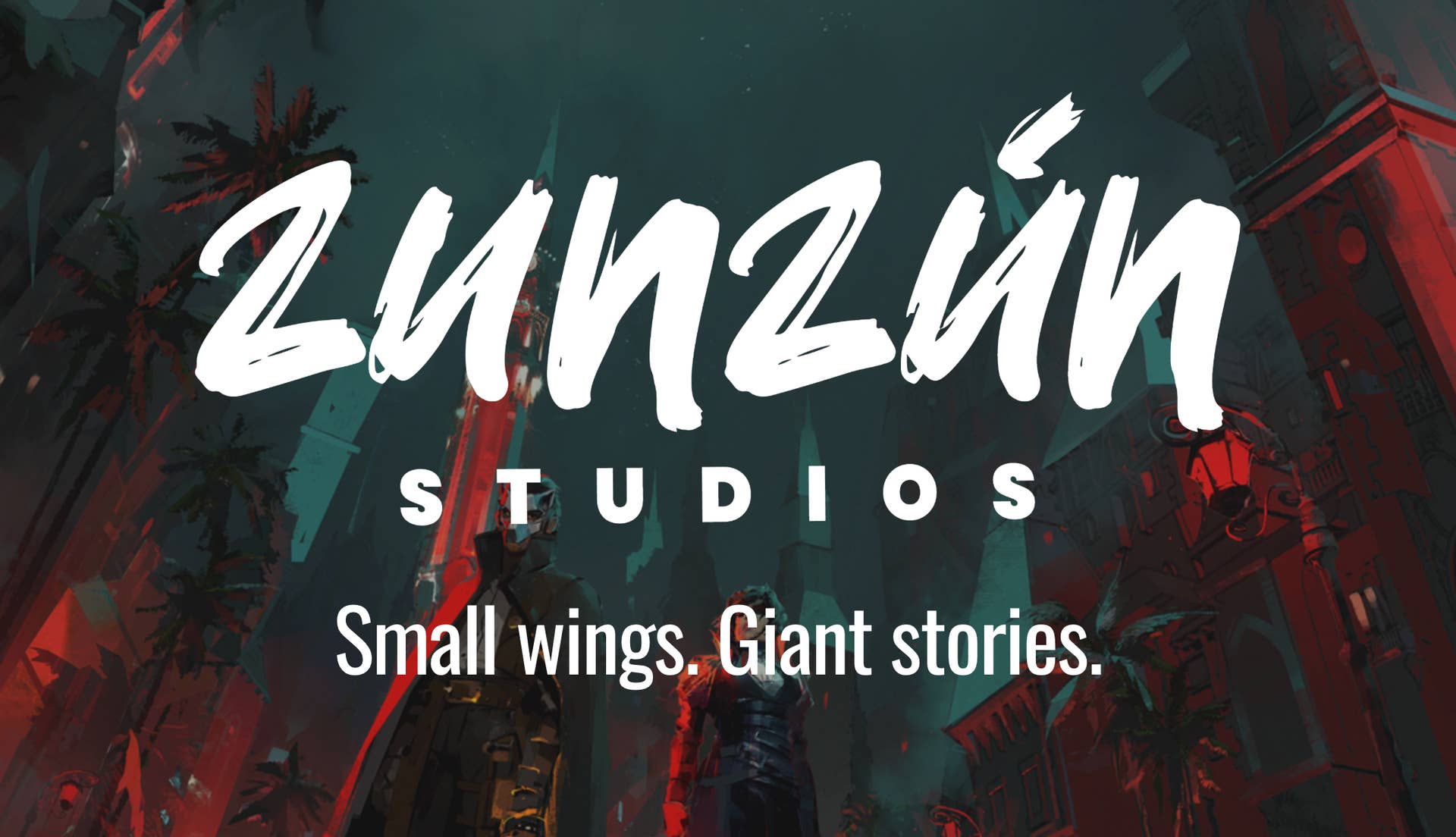






























_Brian_Jackson_Alamy.jpg?width=1280&auto=webp&quality=80&disable=upscale#)

_Steven_Jones_Alamy.jpg?width=1280&auto=webp&quality=80&disable=upscale#)


 Stolen 884,000 Credit Card Details on 13 Million Clicks from Users Worldwide.webp?#)



















































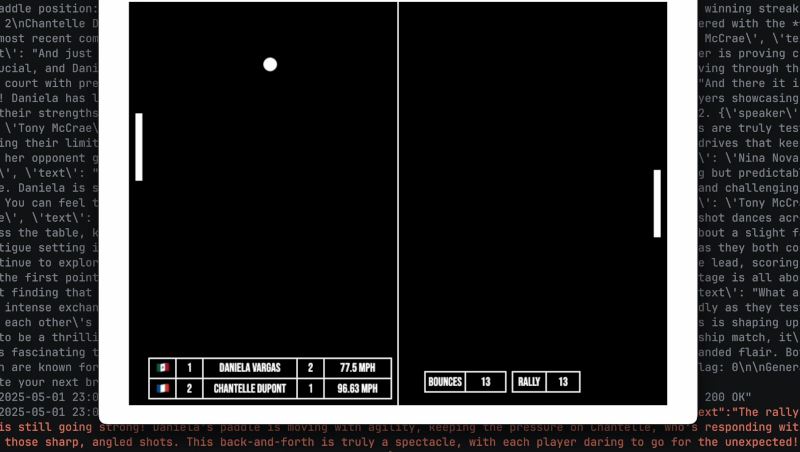























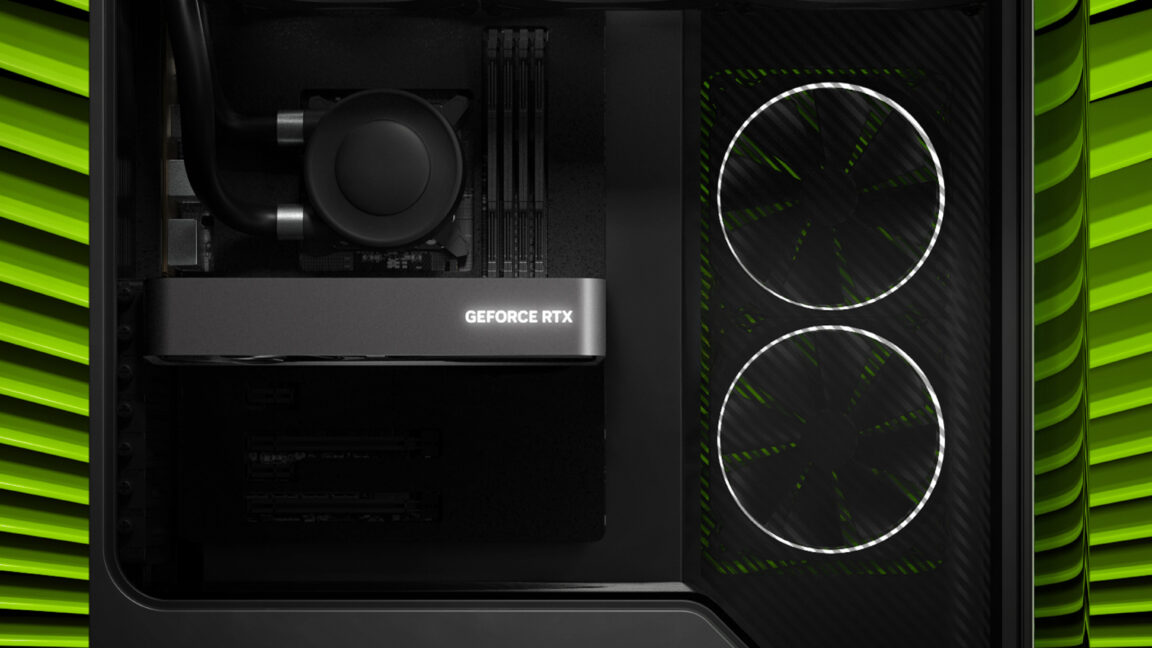








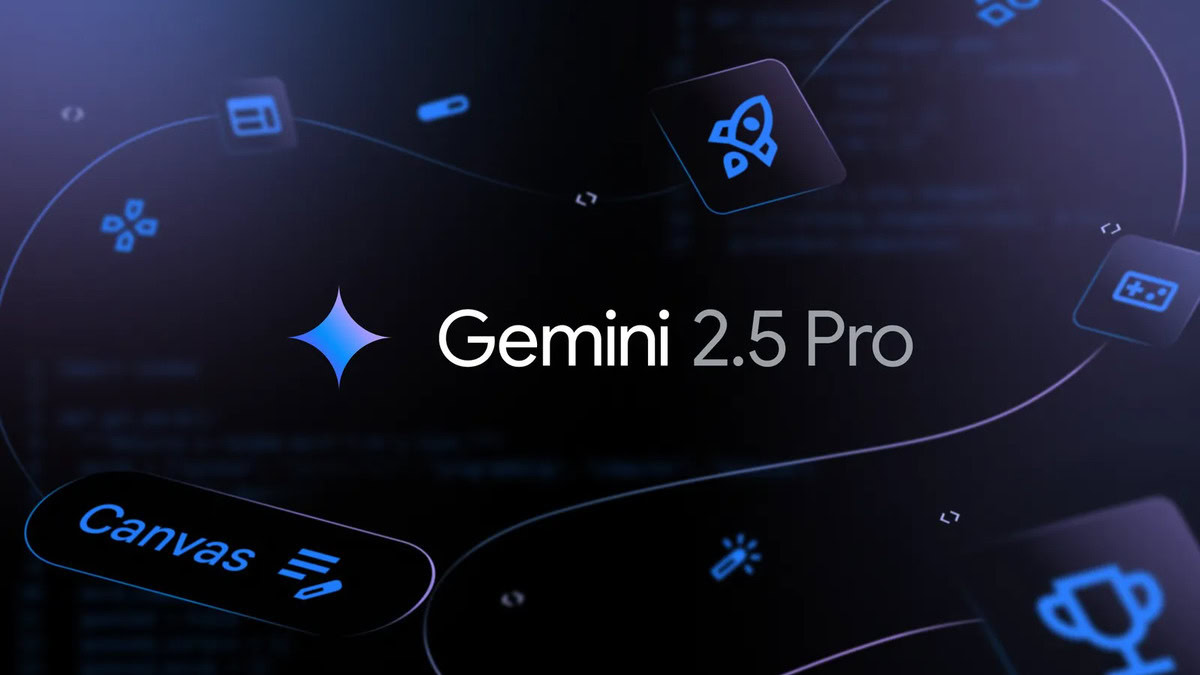









![Google rolling out Nest Wifi Pro April 2025 update [U]](https://i0.wp.com/9to5google.com/wp-content/uploads/sites/4/2022/10/Nest-Wifi-Pro-1.jpg?resize=1200%2C628&quality=82&strip=all&ssl=1)









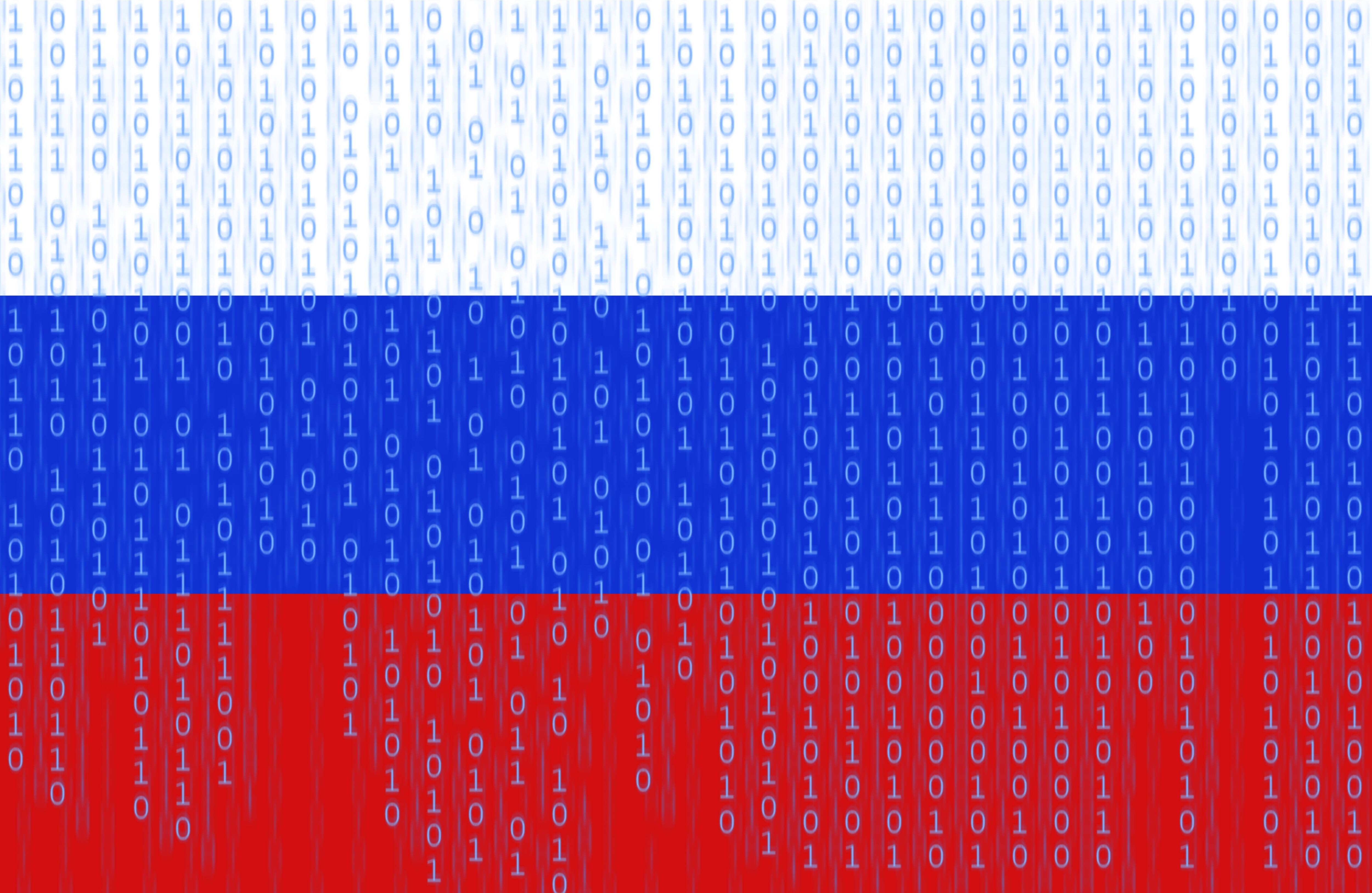

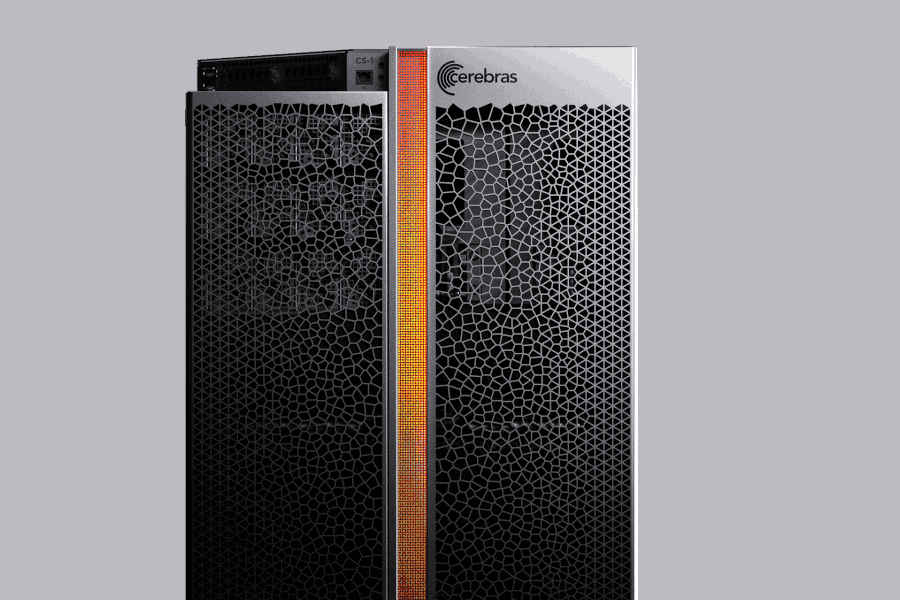
![Apple Seeds visionOS 2.5 RC to Developers [Download]](https://www.iclarified.com/images/news/97240/97240/97240-640.jpg)
![Apple Seeds tvOS 18.5 RC to Developers [Download]](https://www.iclarified.com/images/news/97243/97243/97243-640.jpg)

![Apple Releases macOS Sequoia 15.5 RC to Developers [Download]](https://www.iclarified.com/images/news/97245/97245/97245-640.jpg)












